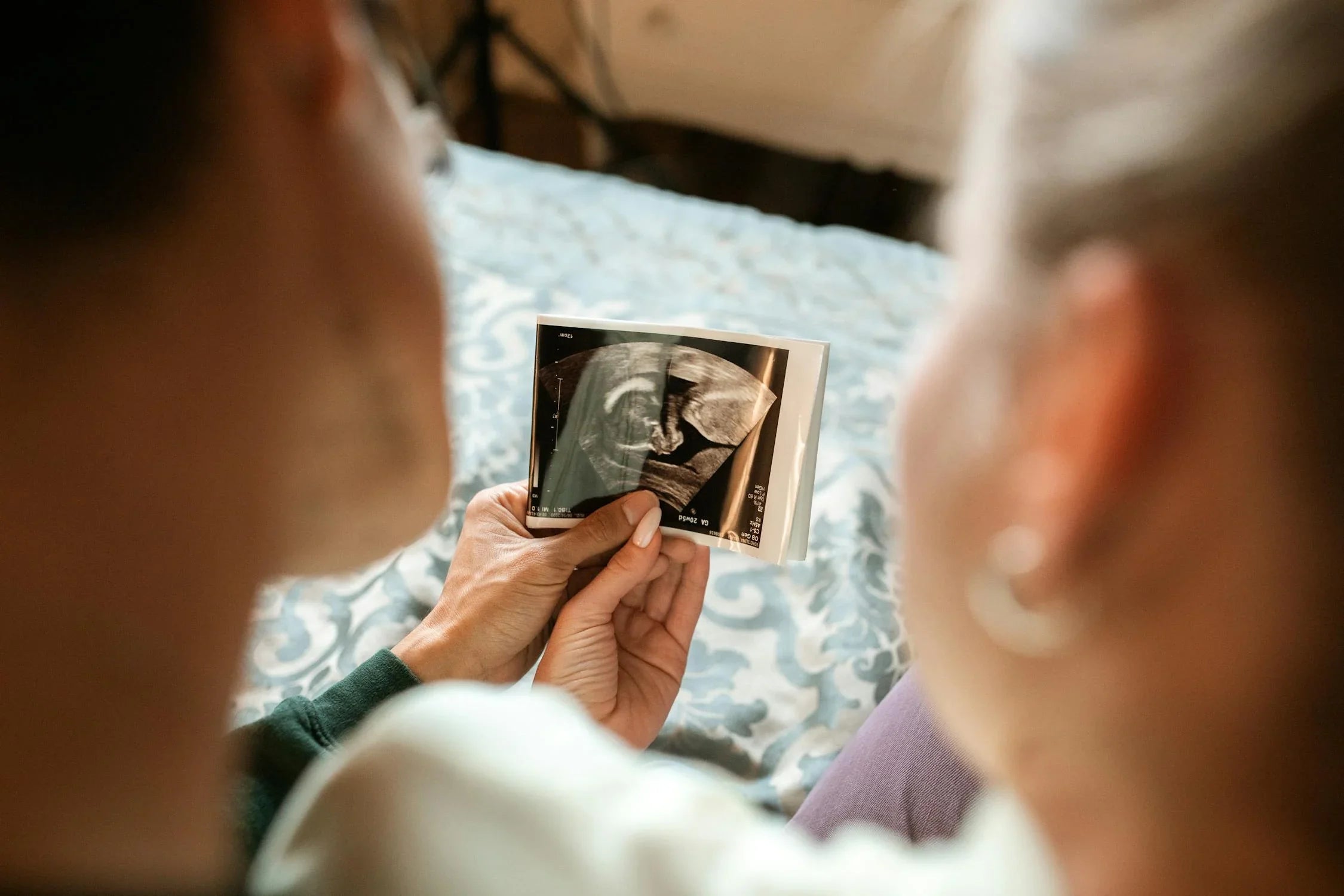Startseite
Pregnancy, Breastfeeding, and Pumping: The Ultimate Guide for Moms
Can I Take a Pregnancy Test 2 Weeks After Intercourse? What You Need to Know

Can I Take a Pregnancy Test 2 Weeks After Intercourse? What You Need to Know
Wondering if you can take a pregnancy test 2 weeks after intercourse? You're not alone. Many women find themselves in this situation, eager for answers but unsure about the right time to test. This article will guide you through everything you need to know about pregnancy testing, including the best timing, how pregnancy tests work, and what factors can affect their accuracy.
Understanding Pregnancy Tests
Pregnancy tests detect the presence of human chorionic gonadotropin (hCG), a hormone produced by the placenta after a fertilized egg attaches to the uterine lining. hCG levels rise rapidly in early pregnancy, doubling approximately every 48 to 72 hours. Most pregnancy tests are designed to detect hCG in urine, although blood tests can also be used for early detection.
When Can You Take a Pregnancy Test?
The timing of a pregnancy test is crucial for accurate results. While some tests claim to detect pregnancy as early as 6 days before a missed period, the accuracy increases significantly if you wait until after your expected period date. Testing 2 weeks after intercourse can be effective, especially if you have a regular menstrual cycle. However, if you have irregular cycles, it might be better to wait a bit longer or consult a healthcare provider.
Factors Affecting Test Accuracy
Several factors can influence the accuracy of a pregnancy test. These include the sensitivity of the test, the time of day you take the test, and how well you follow the instructions. Early morning urine typically contains the highest concentration of hCG, making it the best time to test. Additionally, certain medications and medical conditions can affect hCG levels, potentially leading to false positives or negatives.
Early Pregnancy Symptoms
While waiting to take a pregnancy test, you might notice early signs of pregnancy. These can include missed periods, nausea, breast tenderness, fatigue, and frequent urination. However, these symptoms can also be caused by other factors, so they should not be solely relied upon for confirmation. A pregnancy test is the most reliable way to determine if you're pregnant.
What to Do If You Get a Positive Result
If your pregnancy test is positive, it's important to confirm the result with a healthcare provider. They can perform a blood test or ultrasound to confirm the pregnancy and provide guidance on next steps. Early prenatal care is essential for the health of both the mother and the developing baby.
What to Do If You Get a Negative Result
A negative result can be disappointing, especially if you're trying to conceive. However, it's important to remember that a negative result doesn't always mean you're not pregnant. If you tested too early, hCG levels might not be high enough to detect. Wait a few days and test again, or consult a healthcare provider for further evaluation.
When to Seek Medical Advice
If you experience unusual symptoms or have concerns about your pregnancy test results, it's always a good idea to seek medical advice. A healthcare provider can offer additional testing and support, helping you navigate this important time in your life.
Taking a pregnancy test 2 weeks after intercourse can provide valuable insights, but understanding the nuances of testing is key. Whether you're hoping for a positive or negative result, being informed and prepared will help you make the best decisions for your health and future.
Teilen

